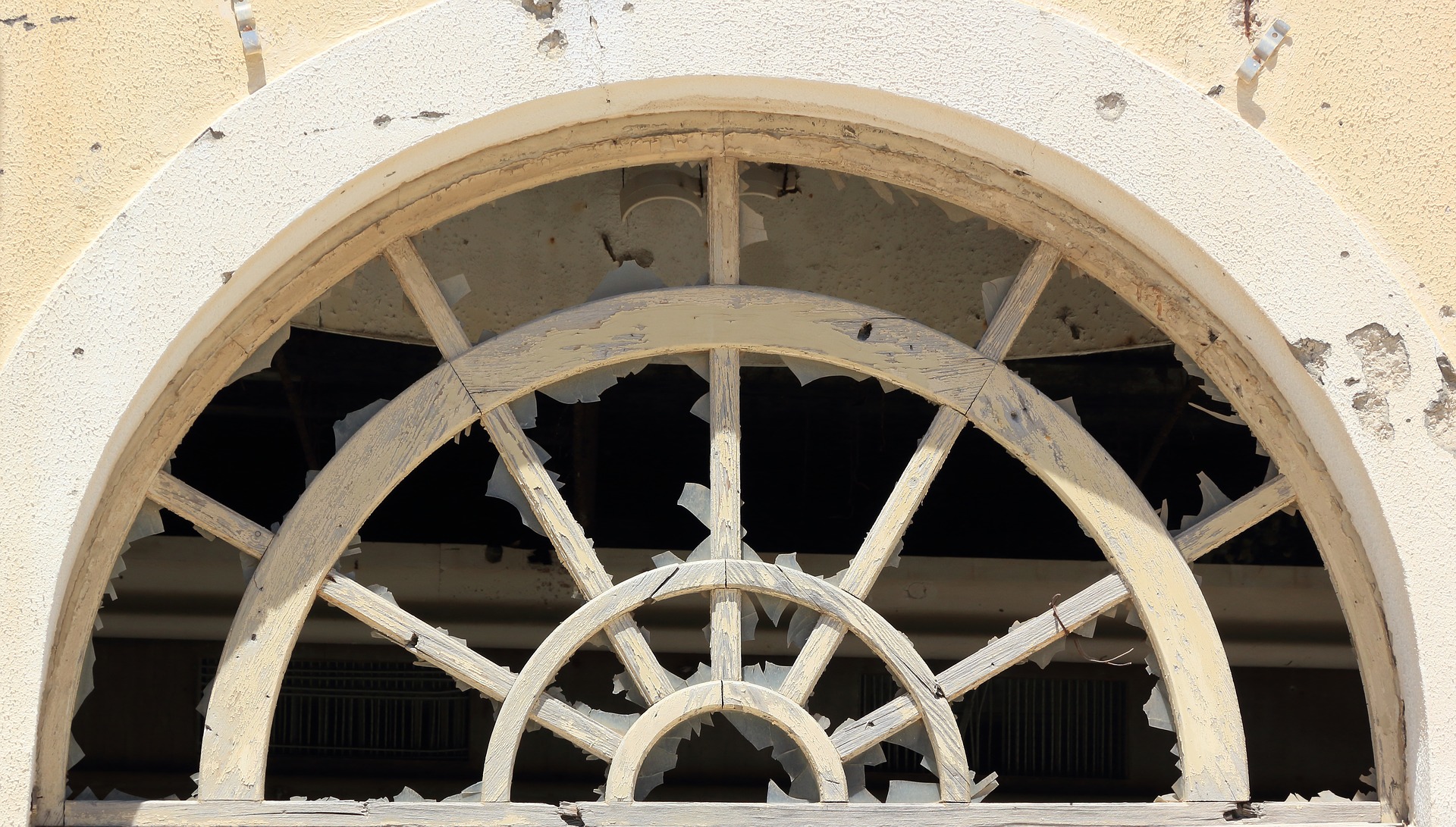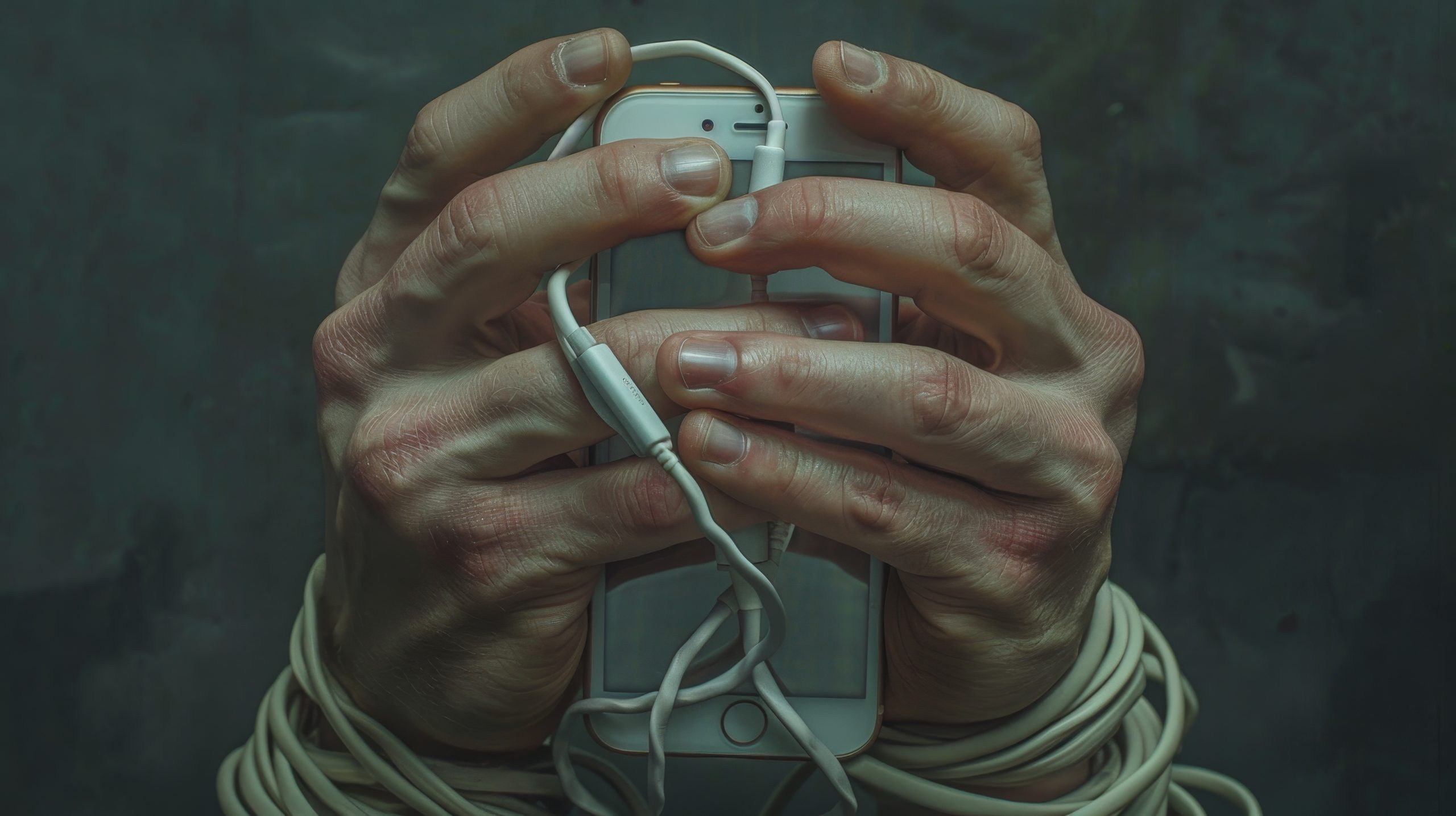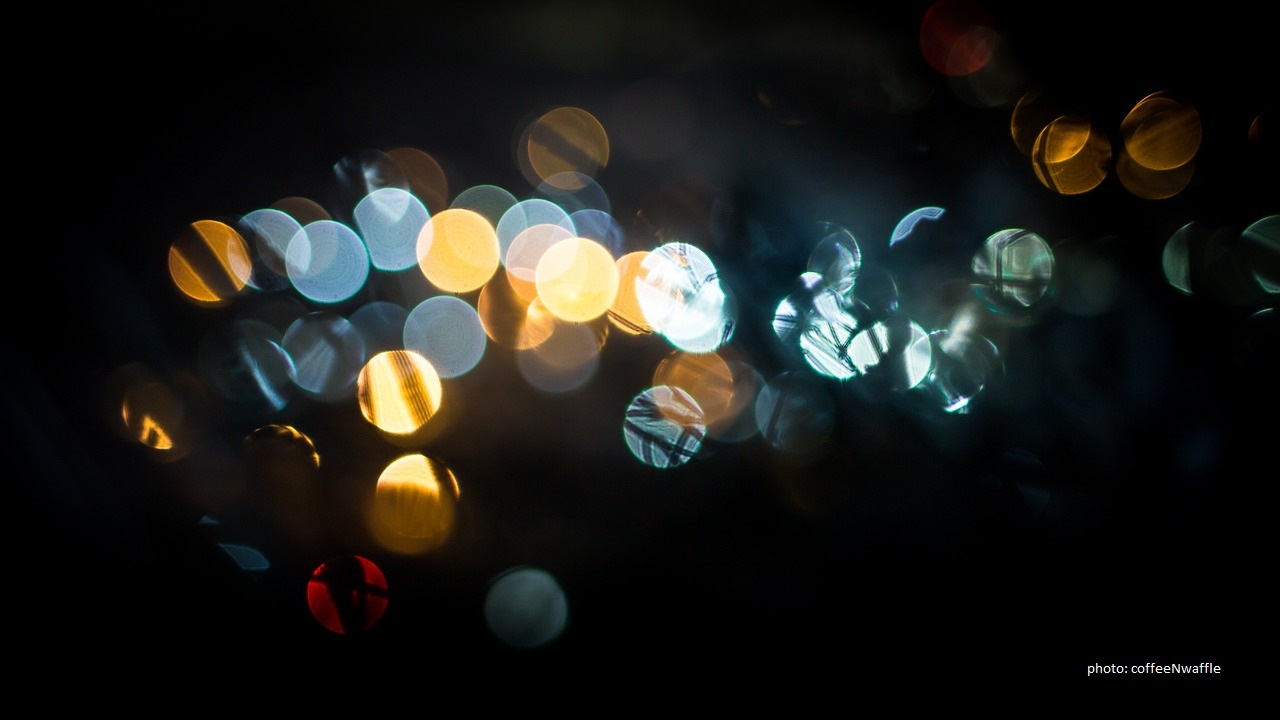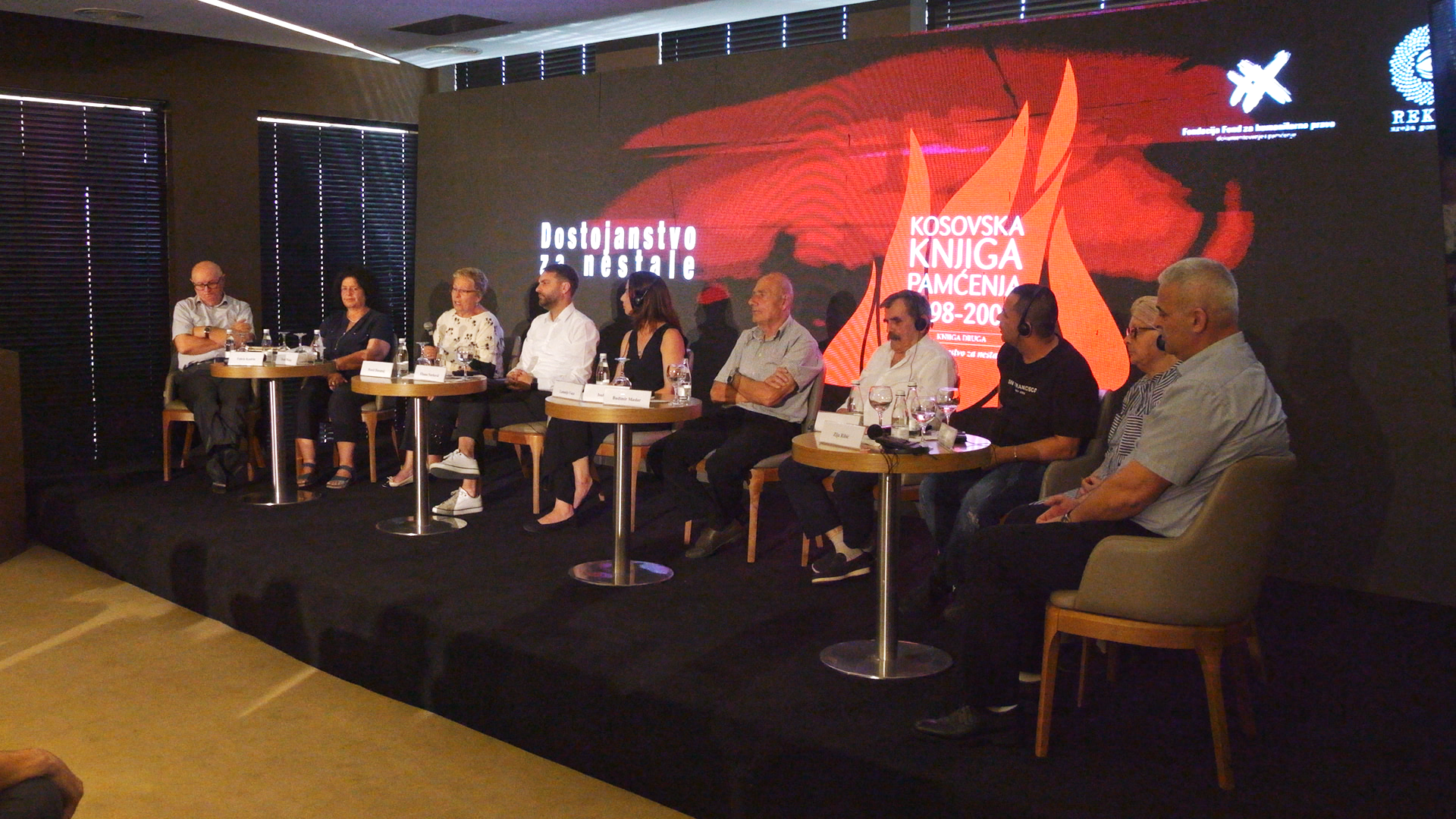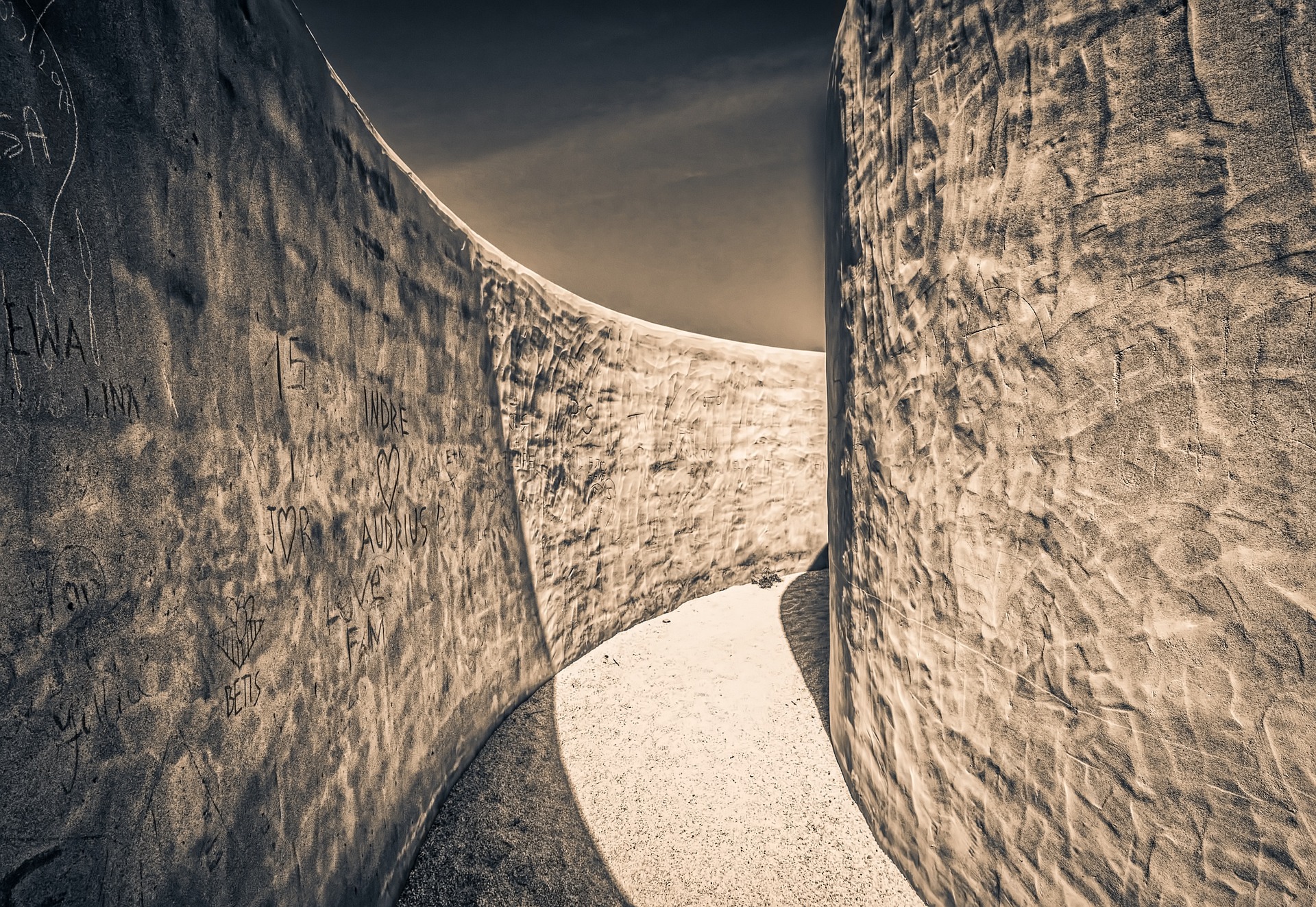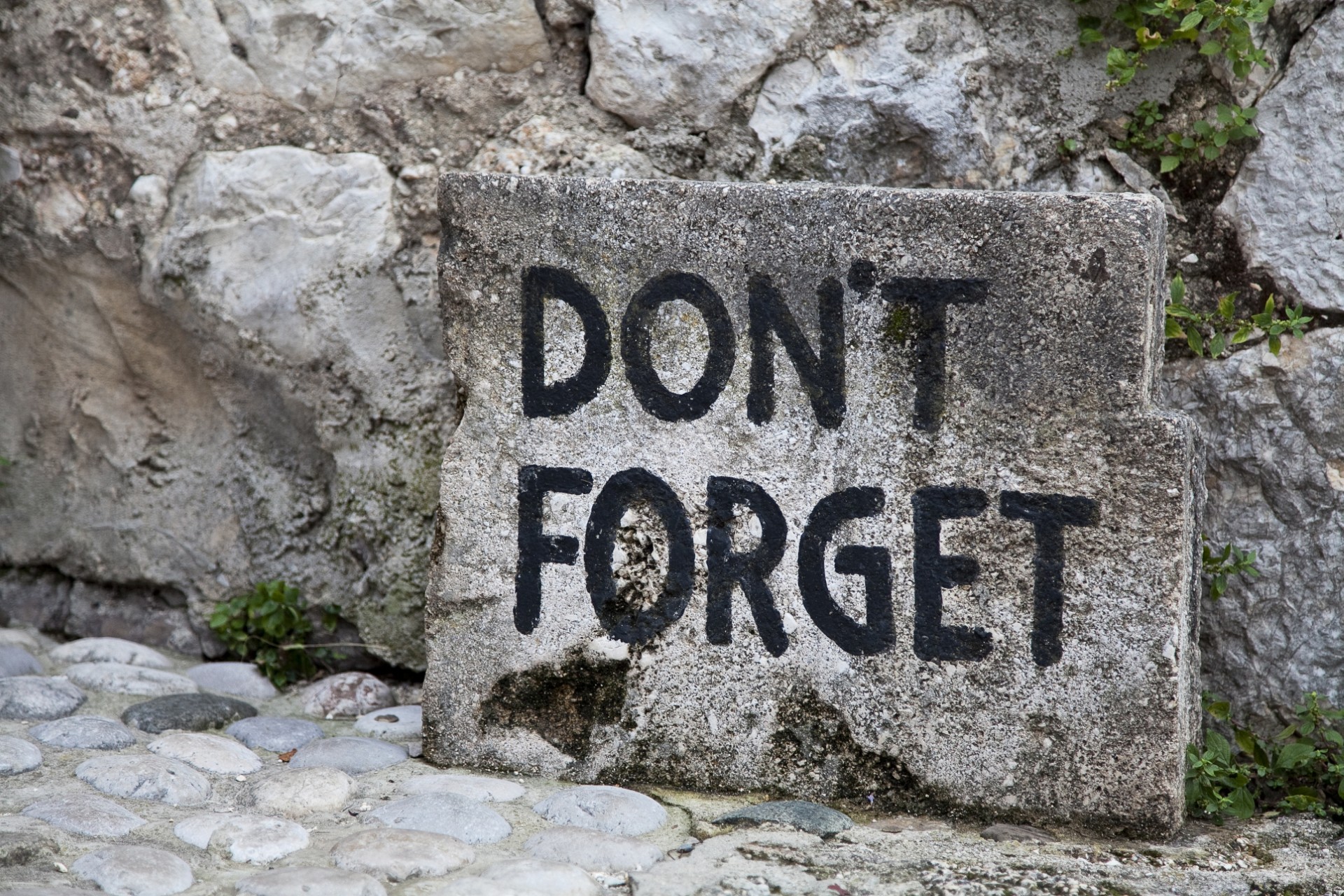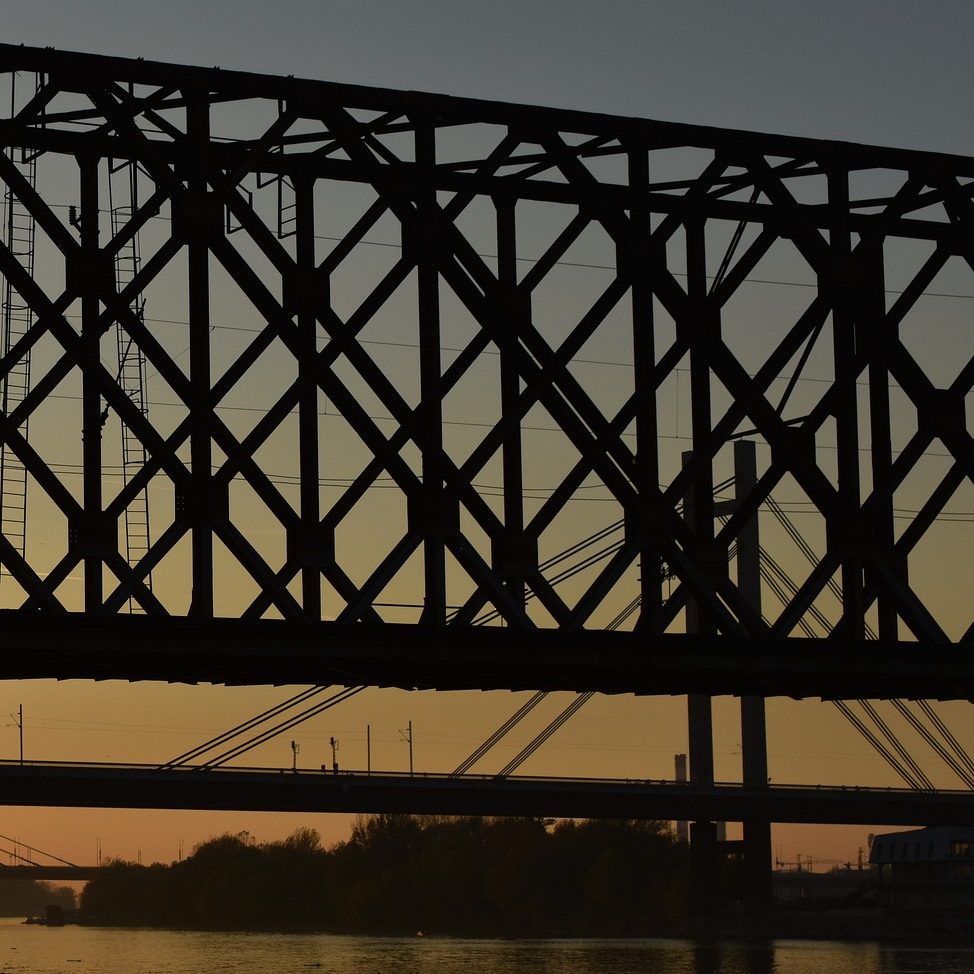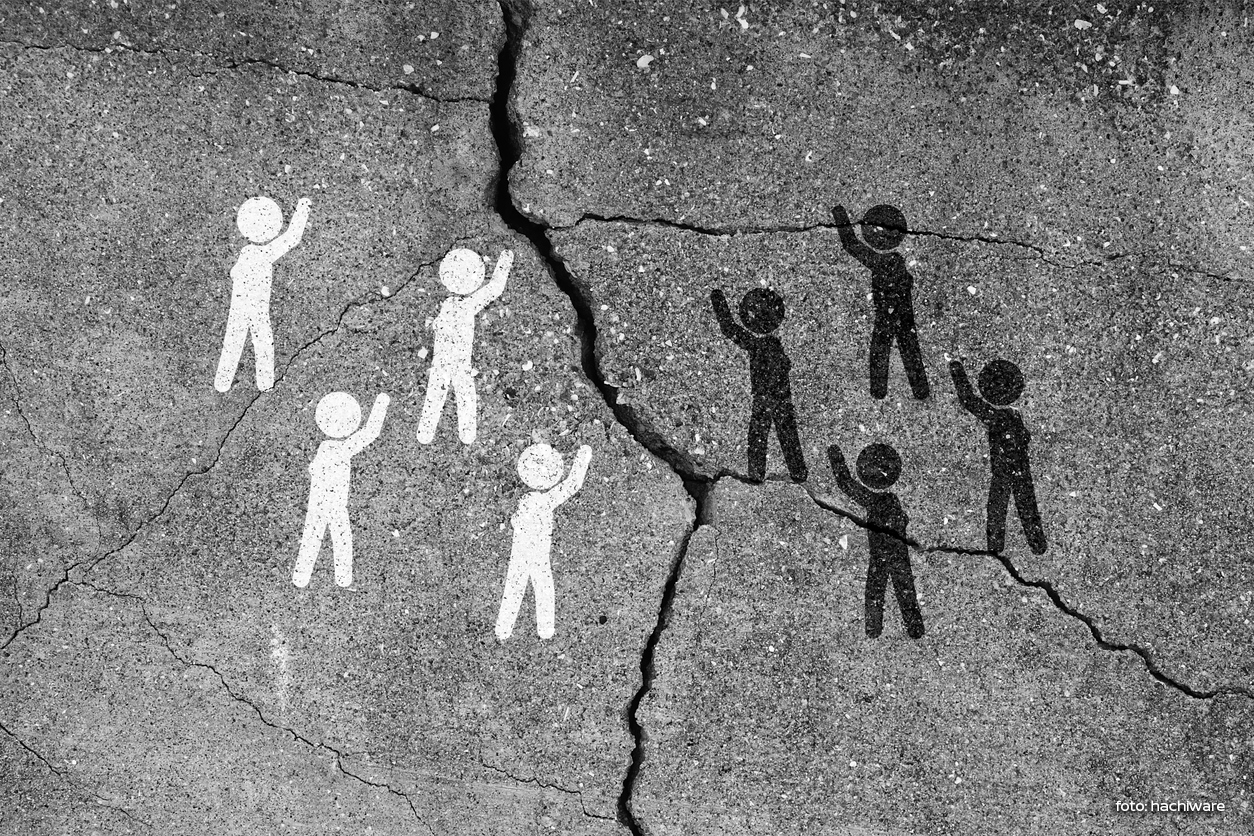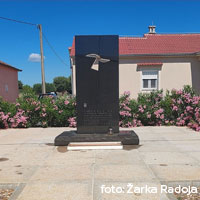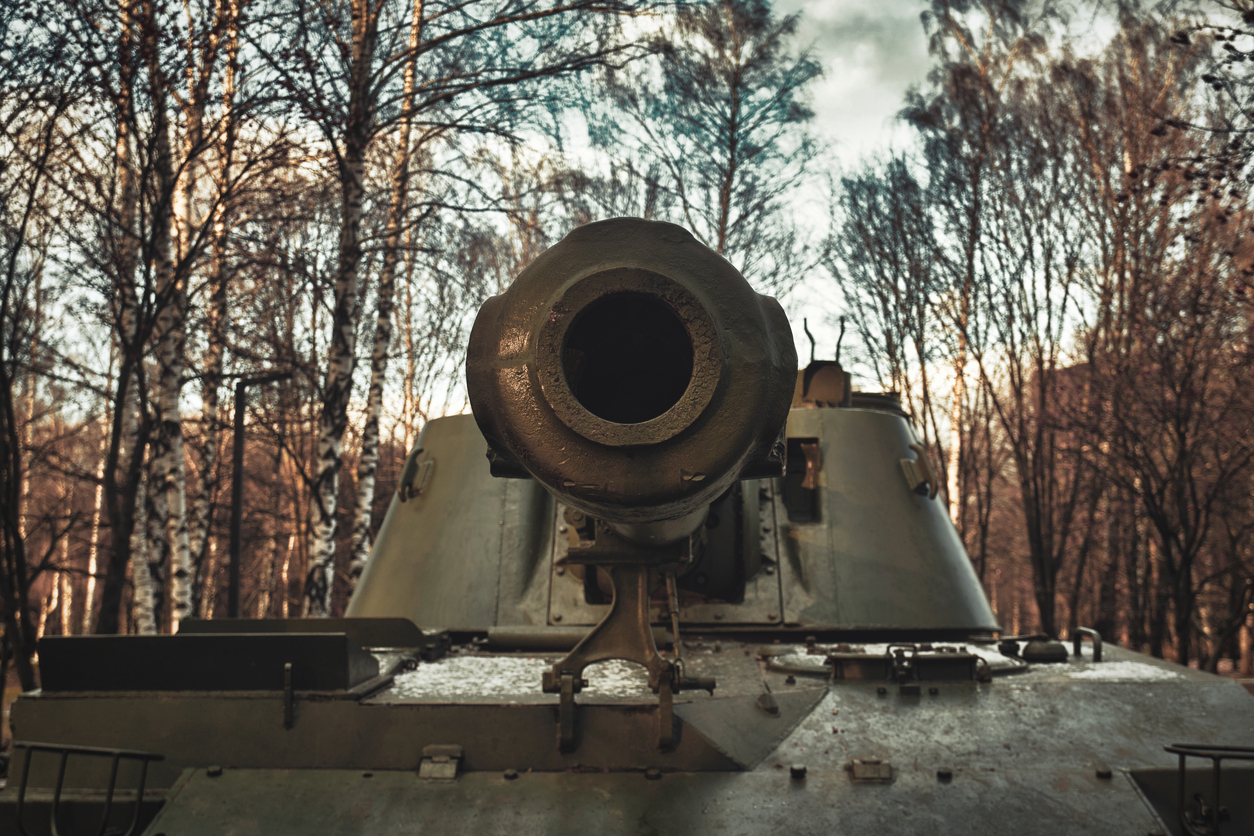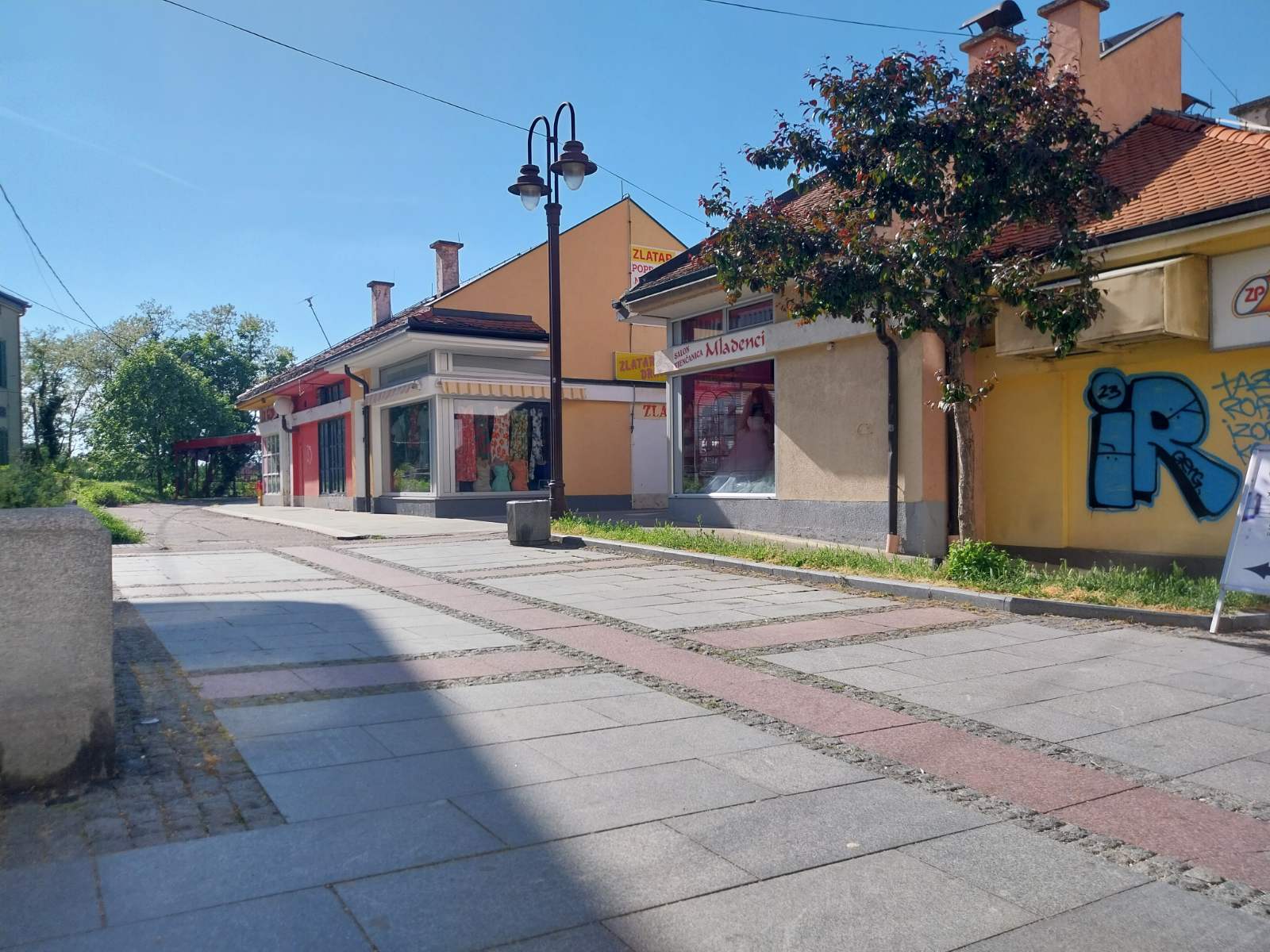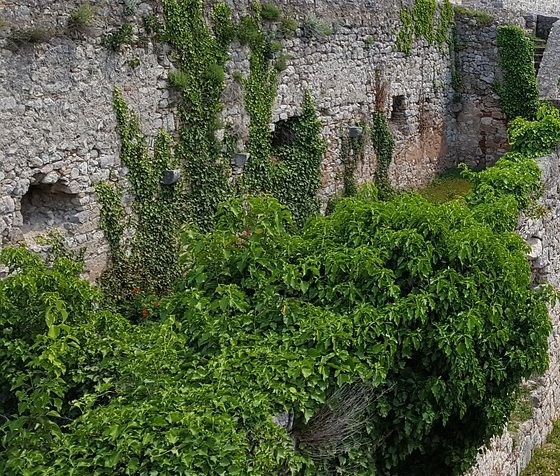Since the beginning of the COVID-19 pandemic in the world, this disease has often been placed in the context of war and many world leaders have used war terminology in their speeches about the coronavirus crisis.[1] In Croatia, the fight against coronavirus has been, as expected, compared to the Homeland War. In his address to the nation on 19 March 2020, Prime Minister Andrej Plenković stated that “the fight against coronavirus we are facing today is the biggest (…) crisis since the Homeland War and the biggest challenge for all of us”. However, the difference between using the war terminology of world leaders on the one hand and Plenković’s comparison of the corona crisis with the war on the other is that the war in Croatia is not an imaginary and historically distant, but a recent and (for most citizens) directly experienced event that is imprinted deep in the memory of a large number of people. But, even those who did not personally experience the Homeland War cannot forget it thanks to the constant reminders of the war and the narratives present in the public every day. Precisely because of such ubiquity in the public space, the war in Croatia is not something we can forget, even during another, even though significantly different, general threat — a pandemic.
This article discusses the commemoration of the anniversary of an event from the Homeland War — the fall of the city of Vukovar — during the COVID-19 pandemic in Croatia and analyses the role of memory of the Homeland War in the fight against the pandemic.
The Battle of Vukovar and the fall of the city in November 1991 occupy the central place in the collective memory of the Homeland War in Croatia. In the public and collective war memory, Vukovar symbolises the torment and suffering experienced by not only the city and its inhabitants, but the whole of Croatia during the struggle for freedom and independence. Vukovar and the battle for Vukovar are the basis of the official narrative of the Homeland War. This narrative was built, among other things, through commemorative rituals that, as Anthony Smith argues, are important for building and preserving national identity.[2] Commemorative practices are the key ways of shaping national identity and legitimising the political order. Organising commemorations has an important role because they maintain the intensity of collective memory and also consolidate and legitimise power. Commemorations of past crises (such as war) are also insisted upon during new crises, as the task of commemorative rituals is precisely to bring together the ‘imaginary community’ around the shared memory of the courage and sacrifice made in the past and to give legitimacy to existing social and political structures and their policies in the present.
However, not all commemorative practices are equally important for the preservation of collective memory. Since the beginning of the coronavirus pandemic in Croatia, some other commemorations of events from the Homeland War and the Second World War have took place without or with a very small number of participants.[3] However, this was not the case with the Column of Remembrance in Vukovar precisely because of the symbolic importance of this commemoration, its popularity and the mass nature of the event. Namely, as cultural anthropologist Renata Jambrešić-Kirin notes, what is most important for maintaining rituals such as commemorations is “a mass involvement and participation of citizens who with their affective and bodily actions always regenerate commemorative rituals, that is, their magical potential”. The presence of a large number of people at such commemorations actually confirms the importance of the commemorative ritual itself and strengthens its place in the collective public memory. Without the gathering and personal attendance, the identity and cohesion of a group (nation) cannot be reproduced.
The importance of the war memory in the public in Croatia is evident from the public controversies regarding epidemiological measures, but also from the way these measures were manipulated. Apart from taking place for the first time under special epidemiological measures in 2020, the Column of Remembrance in Vukovar also happened for the first time on a holiday, since the Croatian Parliament declared 18 November a public holiday in 2019.[4] Because of that, the National Civil Protection Headquarters lifted the ban on gatherings to mark the holiday. This enabled the gathering of more than 50 people in the Column of Remembrance in Vukovar, despite numerous warnings from scientists that it endangers the health of citizens. Although the National Civil Protection Headquarters announced that up to 500 people would be allowed to gather, that number was eventually twenty times higher. Members of the National Civil Protection Headquarters, the main state decision-making body in the fight against the coronavirus, justified such an extreme change in epidemiological measures with the symbolism of the war and victims of Vukovar. A member of the National Civil Protection Staff and director of the Croatian Institute of Public Health, Krunoslav Capak, responded to the criticism by saying that “this is a day that deserves us all to think about what happened in 1991 and pay tribute to the victims of the Homeland War, Vukovar and Škabrnja”. Alemka Markotić, also a National Civil Protection Headquarters member and director of the Clinic for Infectious Diseases, justified the exceptional gathering allowed for the Column of Remembrance in Vukovar, saying that “there are certain situations, we all know what Vukovar is”. In this way, the special status of Vukovar strengthened once again in the collective national consciousness, its symbolic importance not questioned even in the situations dangerous to the citizens’ health and lives, because “we all know what Vukovar is”. People’s health and lives in the present are thus subordinated to the maintenance of the memory of victims from the past, and science is subordinated to the creation of myths about the past.
The past and the memory of that past, therefore, are of a greater importance in the collective consciousness than the crisis that is happening at the moment. Even critics of the decisions of the National Civil Protection Headquarters viewed them from the perspective of the past, not the present, and they used the discourse of war remembrance for their critiques. Thus, an epidemiologist from Vukovar, Kata Krešić, called on the citizens to be responsible and not come to Vukovar to participate in the Column of Remembrance, because “we are obliged to do so by the sacrifice of defenders for Vukovar and free Croatia”. Also, the Croatian Association of Hospital Doctors sent an open letter that “commemorating of the Day of Remembrance by violating the anti-epidemic measures pollutes the memory of the sacrifice of the defenders of Vukovar”. Although they draw different conclusions about the consequences of the new epidemiological measures on the present, the critics of the measures adopted especially for the Column of Remembrance in Vukovar by the National Civil Protection Headquarters still use the discourse of war remembrance to appeal to citizens’ consciences. In this way, they themselves give legitimacy to the importance that the past has over the present. Seemingly unrelated events (the Homeland War and the crisis caused by the COVID-19 pandemic) are thus taken out of their real context and brought into direct connection, and the memory of the victims of the Homeland War becomes a moral obligation with more importance and weight than the moral responsibilities for people’s health and lives in the current crisis situation.
The war, or the fight, against coronavirus will probably end one day (soon?) and then fade from public memory after a while, but the nation’s infection with the collective memory of this other, ‘real’ war will not and must not be cured because the creation of collective memory is a constitutive element of nation-building, so without collective memory, the most important project of nationalist elites — the project of the nation-state — cannot survive.
Tamara Banjeglav
[1] See e.g. Address by the French President on his address to the nation: https://www.elysee.fr/emmanuel-macron/2020/03/16/adresse-aux-francais-covid19 or statements by the Chinese and American presidents: http://www.xinhuanet.com/english/2020-02/11/c_138771934.htm
[2] Anthony Smith, National Identity (London: Penguin Books, 1991).
[3] For comparison, the commemoration of the break-through of detainees from the Jasenovac concentration camp, held on April 22, 2020, was attended only by representatives of the state leadership and representatives of the victims’ association, without the presence of other citizens.
[4] The official name of this holiday is the Day of Remembering the Victims of Croatia War of Independence and Day of Remembering Victims of Vukovar and Škabrnja. See Narodne novine, 110/19. www.nn.hr
